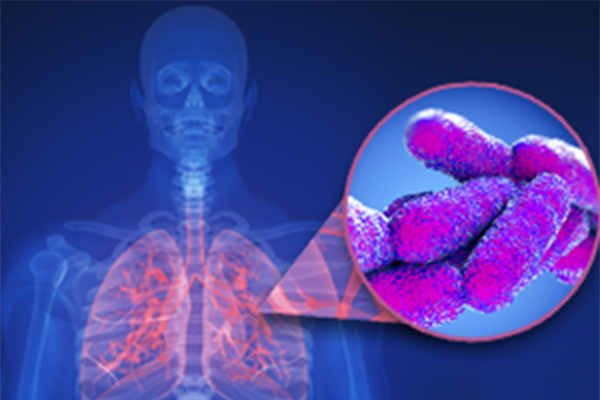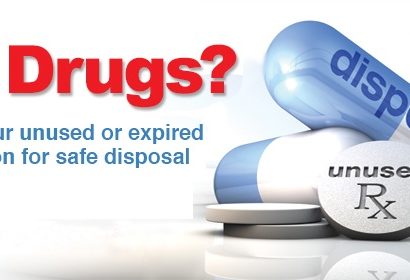The Hamilton Township Division of Health, working closely with the New Jersey Department of Health (NJDOH), has identified a potential cluster of Legionnaires’ disease cases within Hamilton Township.
Legionnaires’ disease is relatively uncommon with most cases occurring in New Jersey between the months of July and October, typically peaking in August. The cluster the Division of Health is investigating includes four Township residents with confirmed cases of Legionnaires’ disease, two of which have since died. The residents became ill between August 18 and August 24, 2020. Due to HIPAA and the right to privacy, specific information on each case cannot be disclosed.
“While the risk to our residents remains low, Legionnaires’ disease can be a serious illness especially for those who are older or have underlying health concerns,” stated Hamilton Township Health Officer Christopher Hellwig. “If you’re not feeling well and have respiratory illness like symptoms such as fever, chills, cough, shortness of breath, muscle aches, and headache I encourage you to speak with your medical provider. Legionnaires’ disease can be successfully treated with antibiotics, and is not spread from person-to-person”
Legionnaires’ disease is a form of pneumonia caused by Legionella bacteria. People can get Legionnaires’ disease by breathing in aerosolized water containing Legionella bacteria. Aerosolized water, also known as small droplets, can come from cooling towers (air-conditioning units for large buildings), hot tubs, cooling misters, decorative fountains, and plumbing systems. Legionella bacteria can be found in water systems of any type, but people cannot get ill with Legionnaires’ disease by drinking water. Home air conditioning units do not use water to cool, so these home units do not aerosolize water and are not a risk for Legionella growth.
While it is often difficult to determine the origin of the bacteria that infected the Hamilton residents, the investigation is ongoing and the Division of Health is attempting to identify potential sources of exposure. NJDOH and the Hamilton Division of Health recently collected environmental samples from selected sites. Additionally, Hamilton Township has hired an independent laboratory to conduct water sampling at various locations around the Township. NJDOH, Hamilton Division of Health, and NJ Department of Environmental Protection (NJDEP) are working to identify additional sites to sample. The sample locations the Township has identified thus far are in the Mercerville section of the Township.
“NJDOH and the Hamilton Township Division of Health are working closely together to identify potential sources of Legionella exposure,” said Edward M. Lifshitz, MD, FACP, Medical Director, Communicable Disease Service, New Jersey Department of Health. “Since this is a continuing investigation, healthcare providers are urged to test patients with community-acquired and healthcare-acquired pneumonia for Legionnaires’ disease, especially among residents of Hamilton Township. This is important to ensure patients receive appropriate and timely treatment.”
Most people exposed to Legionella bacteria do not develop Legionnaires’ disease. People over the age of 50, especially those who smoke cigarettes, or those with certain medical conditions, including weakened immune systems, chronic lung disease or other chronic health conditions, are at increased risk for Legionnaires’ disease.
“Upon learning of the positive cases, and given Hamilton’s history with Legionnaire’s disease, our Health Department took swift action to investigate these cases and search not only for a common link, but for any continued possible exposure to our residents,” stated Mayor Jeff Martin. “I want to thank NJDOH and NJDEP for working with our staff to coordinate efforts to ensure our residents remain healthy.” “The symptoms of Legionnaires’ Disease and COVID-19 can be very similar which makes it even more important that anyone experiencing these symptoms immediately contact their medical provider.”
For more information about Legionnaires’ disease, of if you think you may have had or currently have Legionnaires’ disease make sure to speak with your medical provider. Residents can also find additional information online from the Centers for Disease Control and Prevention at www.cdc.gov/legionella.






